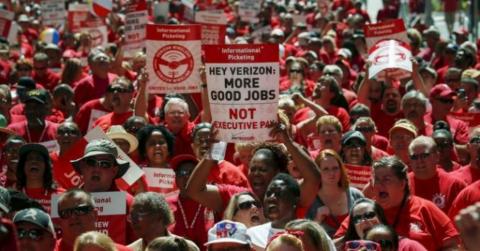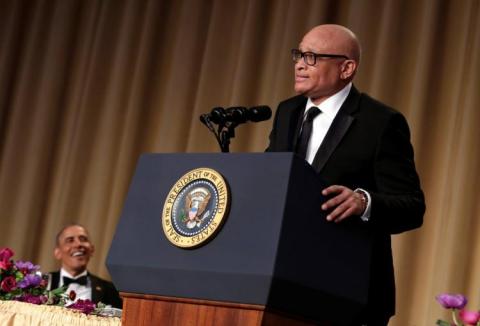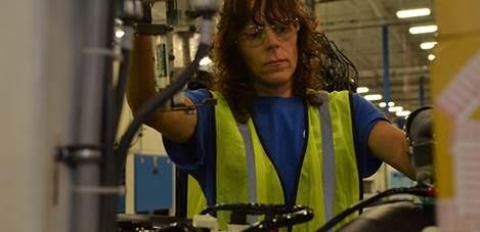The Bitter Consequences of Corporate America's War on Unions
Common Dreams

"Workers clearly get the message that they if they want to keep their job, they need to endure what happens inside the plant — or, in the words of many, 'allí está la puerta' ('there’s the door')." This sense of helplessness is felt across many industries and is largely the result of a ruthless, decades-long effort by highly class-conscious elites to dismantle unions and undercut potential threats to the accumulation of profit.









Spread the word